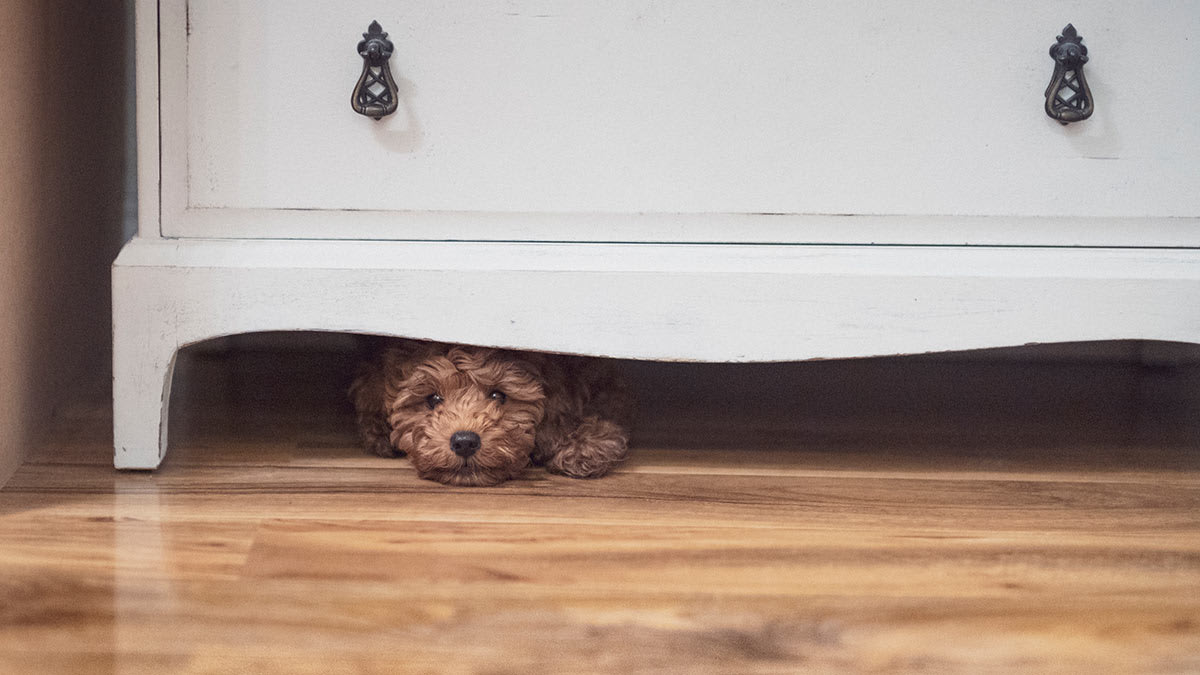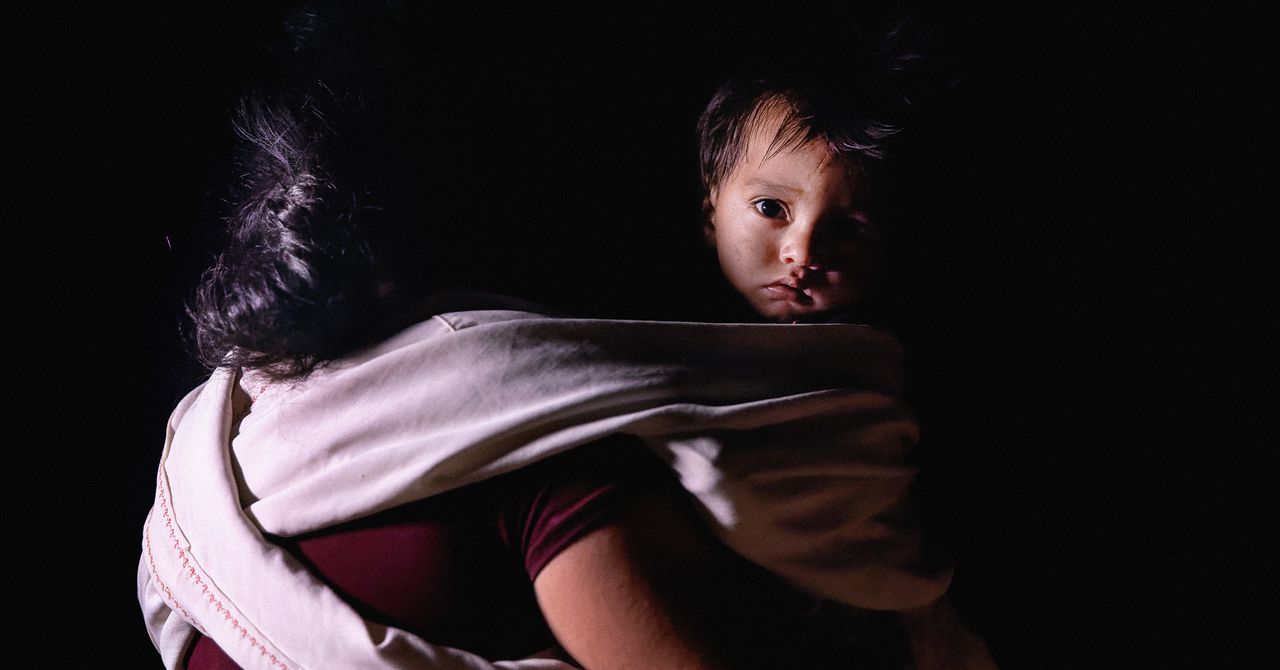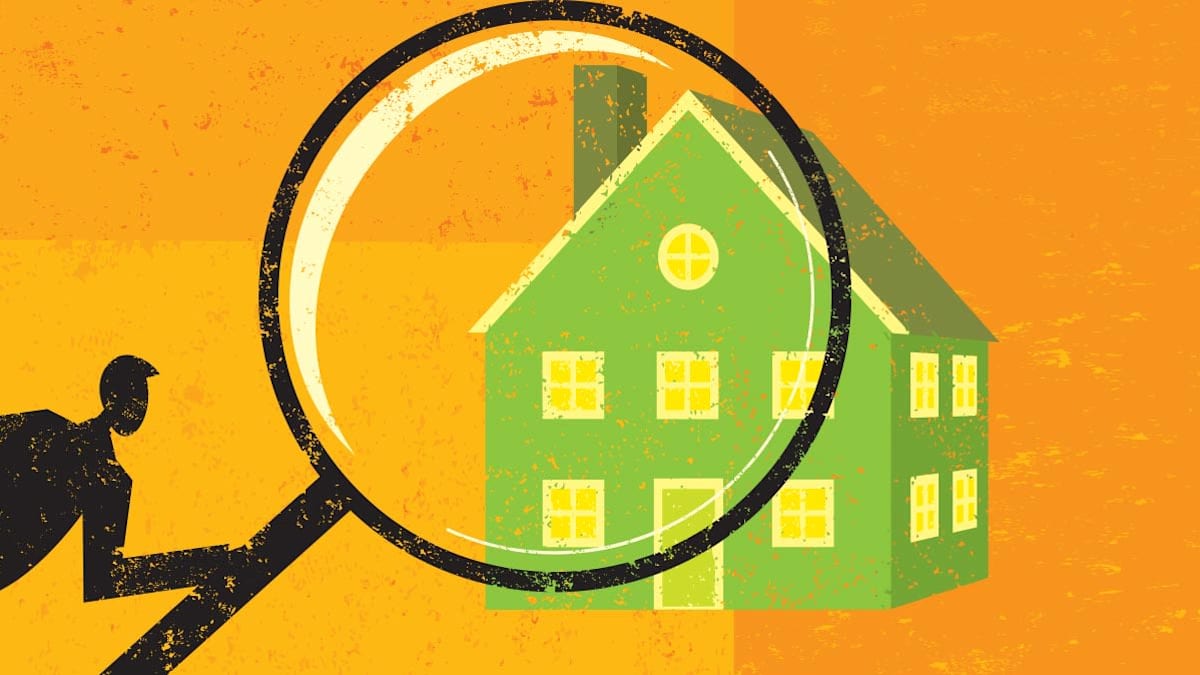
Some pets can go as far as harming themselves. Others may cling to their owners, destroy property, soil the house, or injure themselves when they experience fireworks, says Tristan Rehner-Fleurant, senior director of behavioral rehabilitation at the American Society for the Prevention of Cruelty to Animals Behavioral Rehabilitation Center in Weaverville, N.C. Frantic attempts to escape may cause dogs to chew, scratch, dig, or even jump out of windows.
As one of the noisiest holidays of the year, the fireworks displays on July Fourth can overstimulate your pet, causing stress. Stress can look different for each pet and can even include a fight-or-flight reaction, says Kristi Flynn, DVM, an associate professor of primary care at the University of Minnesota College of Veterinary Medicine in St. Paul. For example, when startled or undergoing stress, dogs can go into flight mode, which is running away to increase space between them and the stressor, or fight mode, which could cause your pet to growl or snap. But according to Flynn, there’s a third mode: freeze.
“Sometimes the quiet ones that just kind of shut down as a result of fear and anxiety and stress can be harder to identify,” Flynn says. Some signs of freezing include when a pet goes from being very lively and wagging their tail to cowering and sitting in one spot. Other behaviors a pet might exhibit when they’re afraid, anxious, or stressed include panting when it’s not hot, pacing, holding one leg up, licking their lips, and refusing treats, and a white half-moon of the eye (called whale eye) could appear, she says.
For cats, most will hide and take off out of fear if they’re sensitive to loud sounds, according to LeeAnna Buis, certified feline training and behavior consultant at Feline Behavior Solutions. Cats can also freeze and try to look very small. In some cases, Buis says, “they may be less tolerant of things like other pets approaching them or being petted.”









